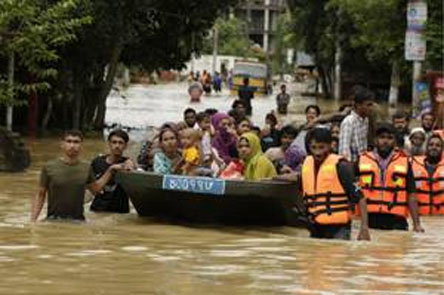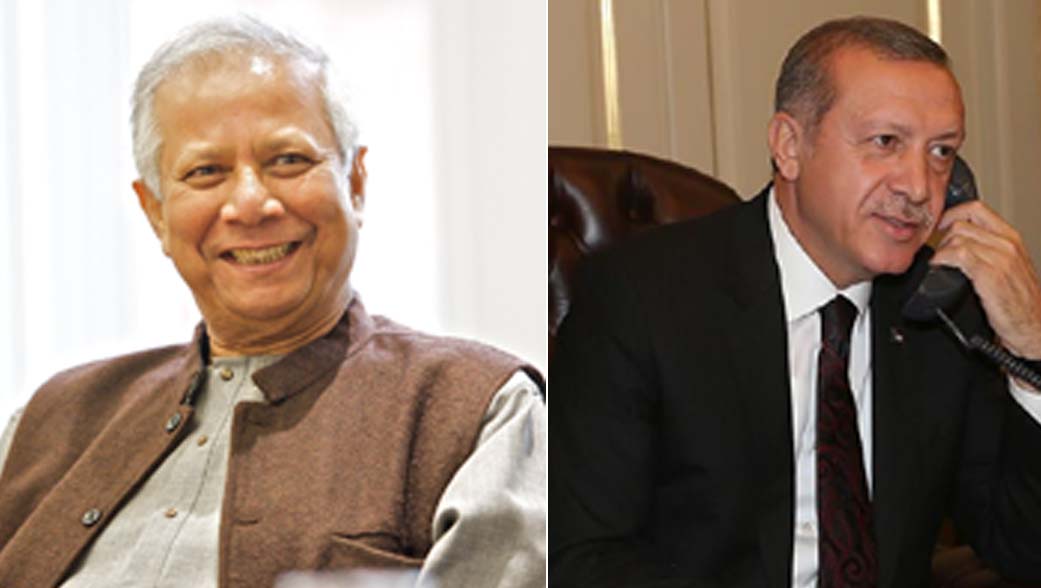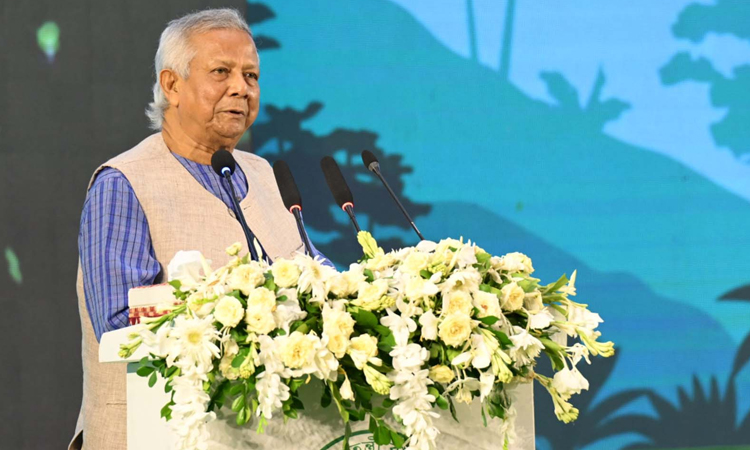
Online Desk: Bangladesh lives on its rivers and waterways, its people relying on the vital life source for fishing and farming rice paddies. The country is also well-acquainted with flooding and cyclones, especially in recent years, as scientists say human-caused climate change exacerbates extreme weather events. But this flood took them by surprise and people here blame officials in India.
Dozens of people CNN met in Feni – which is only a few miles from the India border – accused New Delhi of releasing water from the Dumbur dam in neighboring Tripura state with no warning. As we waded past their homes, some people shouted, “We hate India” and “This is Indian water.” “They opened the gate, but no information was given,” said Shoriful Islam, 29, an IT worker who returned to his hometown from the capital Dhaka to volunteer in rescue efforts. India denied the dam release was deliberate and said excessive rain was a factor, although it conceded that a power outage and communications breakdown meant they failed to issue the usual warning to neighbors downstream.
“India used a water weapon,” Islam said. “India is taking revenge for destroying the last government.” CNN joined two missions run by volunteers to provide relief supplies and rescue vulnerable people in Feni. The only way in or out of the flood zone is by boat, all the main roads are completely cut off to vehicles, and rescue efforts are being slowed by the lack of electricity and near-total communications blackout in the city.
The army and navy have been mobilized to coordinate relief operations and a nationwide volunteering effort has sprung up in the past few days, with people arriving from Dhaka and other parts of the country to lend a hand with rescues and delivering aid. Some of them are also returning to their hometown to search for their family members. Volunteer Abdus Salam, 35, who usually works as an English teacher in Dhaka, said 12 members of his family are stranded in a rural area 15 miles (25 kilometers) from the center of Feni, including his two sisters, brother, and their children. “I don’t know if they are alive,” he told CNN. “I’m crying lots of the time.” “There’s no electricity, no gas, no internet,” he added, calling for the international community to send assistance. Nearly 5 million people are impacted by the floods in Bangladesh, and at least 18 people have been killed, but there are fears that number could rise much higher as the flood waters recede.
In neighboring India, officials say at least 26 people have been killed, and more than 64,000 people are seeking shelter in relief camps in the Tripura region. Anger is now rising among the flood victims in Bangladesh about the source of the water that flooded their homes. PranayVerma, India’s high commissioner to Bangladesh, told Bangladesh’s interim government an “automatic release” occurred at the dam due to high water levels, according to the interim government’s press secretary, ShafiqulAlam. But some believe politics played a part. “India displayed inhumanity by opening the dam without warning,” said Nahid Islam, one of the two student representatives in Bangladesh’s interim government, headed by Nobel Peace Prize laureate Muhammad Yunus. Three weeks ago, Bangladesh ejected its long-standing Prime Minister Sheikh Hasina after a student-led protest movement against job quotas morphed into a nationwide movement to force her out of power when she ordered a bloody crackdown, killing hundreds of people.









